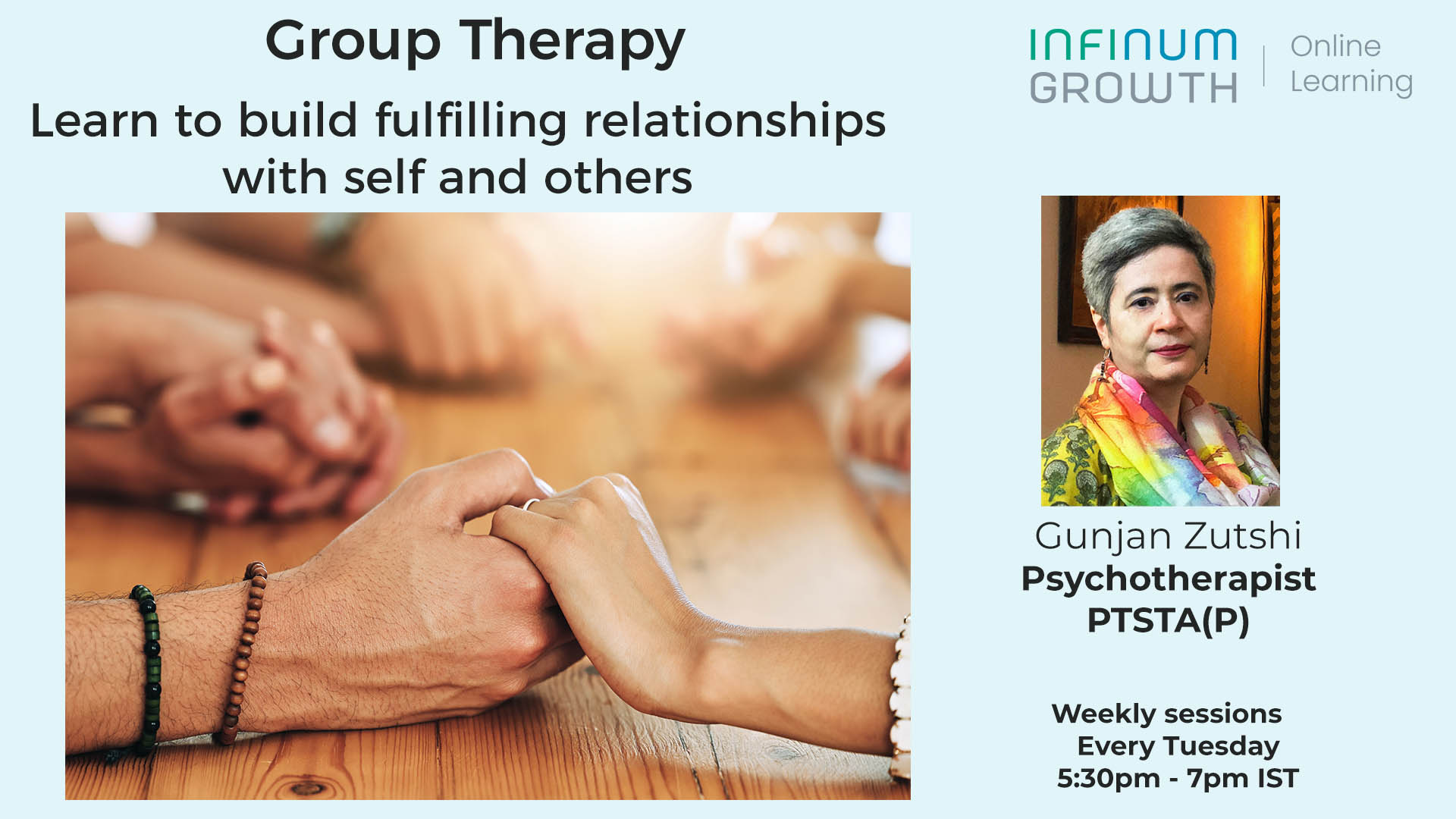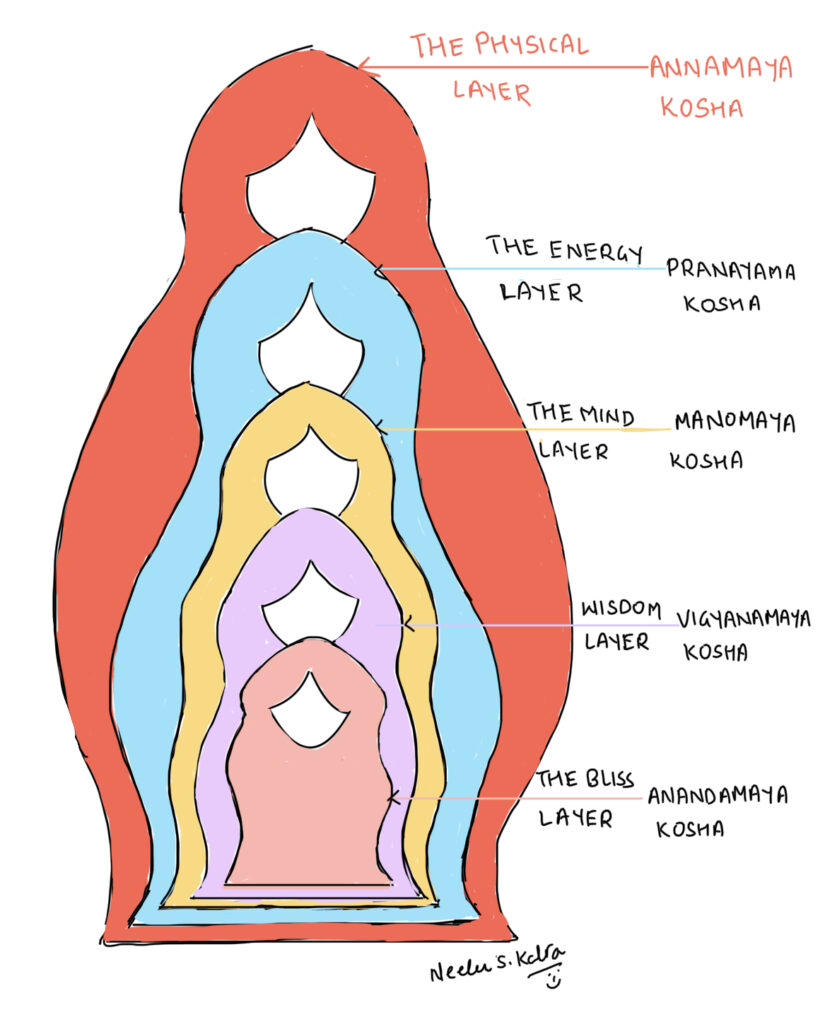I spent three out of 12 months of 2019 in full-time residential yoga courses. The rest of the year was spent going from one yoga class in the city to another, exploring different styles and techniques.
More flexibility in mind and body was definitely achieved by the end of the year; but, the bigger learning was the yoga philosophy and the basic tenets propounded by sage Patanjali, the first to codify yoga for better understanding.
Yoga as defined by Patanjali
Sage Patanjali divided yoga into eight limbs : 1) Yama — restraints 2) Niyama — observances 3) Asana — meditation postures 4) Pranayama — regulation of bio-energy 5) Pratyahara — withdrawal of the senses 6) Dharana — concentration 7) Dhyana — meditation, and 8) Samadhi — deep absorption in meditation.
In the eight limbs, the yamas and niyamas are the pillars for yogic growth. And, they could very well be the foundation for success in life too…
These 10 restraints and observances seem simple at first, but regular and diligent practice of them is not easy; as you have to be constantly vigilant and conscious of everything you think, say and do.
Here are my interpretations of the 10 yamas and niyamas, a key part of the yoga philosophy; and how they apply to life:
Yamas: Restraints/Don’ts in Yoga Philosophy
-
Ahimsa — Non-violence
Mahatma Gandhi’s whole life was centred around this one principle. But, while non-violence can be about the other; and toward all animate and inanimate things; it should primarily be about ourselves.
We, first and foremost, need to be gentle with our mind and body — neither pushing ourselves too hard, nor berating or judging ourselves when we make mistakes. Instead, go easy on yourself and know there is always time and scope for improvement!
Forgiveness and compassion thus form the essence of non-violence.
-
Satya — Truthfulness
Truthfulness should get reflected in every thought, word and deed. But, more importantly, truthfulness is about recognising, acknowledging and accepting our true selves — who we are, what we need, our dreams and our personal vision of life.
Life is meaningless if we merely follow the herd, lead mundane routine lives and ignore that inner voice that pushes us to adventure; and, to pursue our dreams.
Truthfulness to your inner voice can enrich and add meaning to life.
-
Asteya — Non-stealing
Stealing essentially means taking from the other what does not belong to you. But, stealing could also mean taking away from your life precious moments that could be used constructively.
For instance, several of us nowadays tend to waste our time on social media or other mindless activities, that prevent us from realising our true potential. If we spent time on honing our skills or simply being more mindful in our activities, we could incrementally enhance our personalities.
Non-stealing is thus a way to consciously add to your life, rather than take away from it.
-
Brahmacharya — Control over desires
If anything at all has to be achieved, something has to be given up — our desires. This helps us channel our energies, away from distractions (primarily caused by our senses), toward that one goal we wish to achieve.
In fact, dedication and devotion to a goal will, almost always, rid you of excessive desire. Of course, you can give in to the occasional indulgence… But, by and large, a life of discipline and control will accelerate you toward your end destination. That’s the essence of the yoga philosophy.
A control over desires keeps us in check and on the path.
-
Aparigraha — Non-hoarding
This year, I’ve been systematically trying to clear my life of everything extra that I own; or, that doesn’t work for me anymore. Needless to say my life — and my wardrobe — now has more space to bring in the new.
Non-coveting and non-hoarding, of what you don’t need, is the only way to find out what you do need and attract it into your life. Moreover, when you focus on the essentials, you travel lighter and faster, with few worries and anxieties.
Non-hoarding is about letting go of any excess baggage that holds you back.
Niyamas — Observances/Dos in Yoga Philosophy
-
Shaucha — Purity of body and mind
Daily hygiene and the occasional detox is a great way of purifying our body and mind. Nowadays, we need a digital detox too — time away from technology to help us clear our mind and become more receptive to creative ideas.
When we replace negative thoughts with positive ones, we further purify our mind; and instil more confidence into our lives.
-
Santosha — Contentment
Contentment comes from gratitude, from knowing that everything you need is already with you… And, to revel in the knowledge that you are complete and replete within yourself, needing little from the outside world.
Only when you feel contentment within, can you spread joy and happiness around you; and positively impact the lives of others.
-
Tapa — Austerity
Austerity comes from following a discipline, or doing whatever it takes to achieve your goal. This could mean sacrificing something, a diligent practice, or even complete immersion in your chosen path or area of study.
Committing to a goal is the first step; and keeping that commitment is the only way to achieve it.
-
Svadhyaya — Self-study
Assessing who we are, the road we’re on, and how much further we have to go is a continuous and arduous process…one that can be done through spells of introversion and introspection.
Take time out to look within… Explore what makes you tick and what doesn’t; and figure out how that ticking can go on!
-
Ishvara Pranidhana — Surrender to a Higher Reality
Yes, after all the effort we put into our lives, the final test is to be able to surrender to something bigger than yourself; and to know that only that much is humanly possible… The rest we must surrender to a Higher Force.
To have faith in a higher reality keeps us grounded, as it helps us soar…it keeps us rooted in action, as we give up on the rewards!
These were 10 yogic lessons, from the yoga philosophy, that inspired me… I hope they inspire you too.
The article was first published on Ritika Bajaj’s blog publication – www.medium.com/pink-pinjra.
Follow Pink Pinjra for similar stories on life, inspiration, expression and more!
Please do leave your comments at the bottom and do share with others if you like this article.



















Very useful in keeping your mind and body in control and balanced..